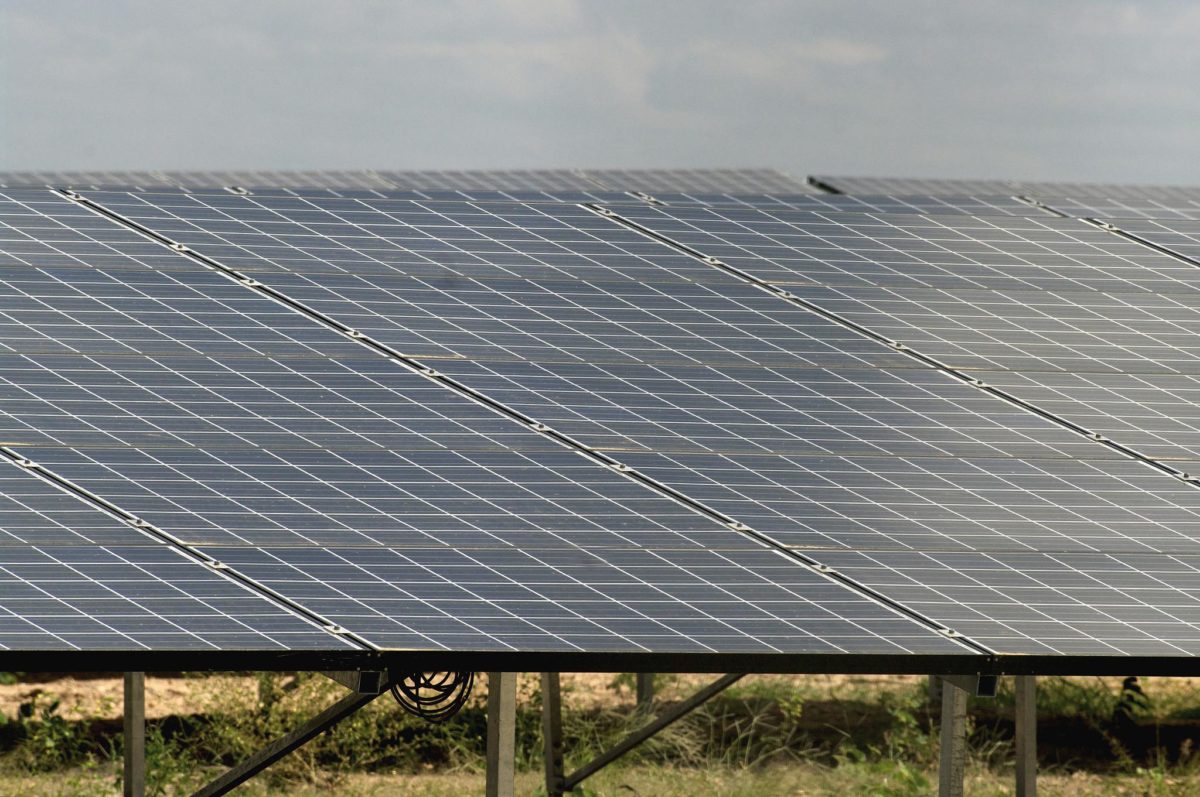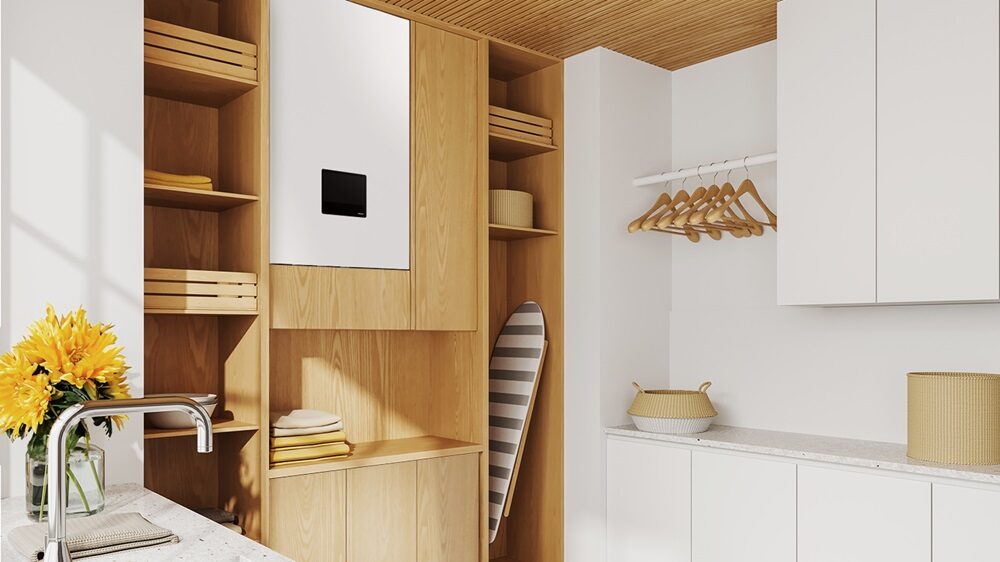The Brazilian solar industry is facing its stiffest challenge since putting down roots nine years ago after electricity regulator ANEEL proposed reducing payments to small scale solar generators.
The regulatory body is mooting a reduction in the credit awarded for power fed into the grid by the owners of PV arrays with a generation capacity of up to 75 kW and for 75 kW-5 MW installations. Although reducing such net metering payments has been discussed for a while, the domestic solar industry has been taken aback after the regulator also proposed introducing a grid fee for net metering participants.
The proposed changes, which could come into effect next year if implemented and would amend legislation introduced in 2012, have been put out to consultation until November 30. Politicians have already clashed on the issue amid fears it could handicap a Brazilian solar market which has been booming for two years.
“The regulator needs to balance the regulation so that consumers who rely solely on the grid are not affected by consumers who generate their own energy,” said ANEEL chief André Pepitone. “There must be a fair allocation of costs. This is the role of the regulator.”
Brazilian trade body ABSOLAR says the proposal ignores the benefits distributed generation offers the grid, as well as power consumers.
The regulator has suggested any net metering participants who sign up before new rules are introduced would have their electricity credits honored until 2030 although media reports have speculated ANEEL may extend such a guarantee for 25 years.
End-of-year rally
Marcio Takata, CEO of Brazilian consultancy Greener, said the proposed measure could halve growth in the distributed generation solar segment.
“A drop in demand in this initial phase of the market will penalize efficiency in the supply chain while also lowering [the] potential for reducing prices for final clients,” Takata told pv magazine. “It would be very important that the regulator reviews its proposal to change the rules in a way that would allow the sector to grow in a sustainable way.”
In a recent report, Greener stated growth for such small scale arrays was particularly strong in Brazil in the first nine months of the year, with new additions totaling 833 MW to more than double the country’s cumulative capacity for the segment to 1.42 GW. That record increase in new capacity was at least in part driven by fears of a less generous net metering regime which would now appear to have been grounded.
This content is protected by copyright and may not be reused. If you want to cooperate with us and would like to reuse some of our content, please contact: editors@pv-magazine.com.




By submitting this form you agree to pv magazine using your data for the purposes of publishing your comment.
Your personal data will only be disclosed or otherwise transmitted to third parties for the purposes of spam filtering or if this is necessary for technical maintenance of the website. Any other transfer to third parties will not take place unless this is justified on the basis of applicable data protection regulations or if pv magazine is legally obliged to do so.
You may revoke this consent at any time with effect for the future, in which case your personal data will be deleted immediately. Otherwise, your data will be deleted if pv magazine has processed your request or the purpose of data storage is fulfilled.
Further information on data privacy can be found in our Data Protection Policy.